Elvis Presley – Can't Help Falling In Love (Karaoke Version)Beginner Guitar Lesson with Easy Chords

In this guide we will break down the chords and the strumming pattern you need to master this piece
Table of Contents
The key chord in Elvis Presley – Can't Help Falling In Love (Karaoke Version) by Elvis Presley is D.
The other chords are also central to the melody, and we’ll go over those in a moment. It’s the combination of these chords that creates the unique sound of this song that we’ve all come to love.
Chords for Elvis Presley – Can't Help Falling In Love (Karaoke Version) by Elvis Presley
There are 9 chords in Elvis Presley – Can't Help Falling In Love (Karaoke Version) by Elvis Presley. These are D, A, F#m, Bm, G, Em, E, C#, B respectively. Elvis Presley – Can't Help Falling In Love (Karaoke Version) is a wonderful song to play and we are excited to help you learn it. Let’s get into the chord breakdown with Guitar Learning Game.
D Chord
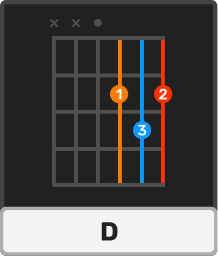
- Index finger: 2nd fret of G string (3rd string),
- Ring finger: 3rd fret of B string (2nd string),
- Middle finger: 2nd fret of high E string (1st string)
A Chord
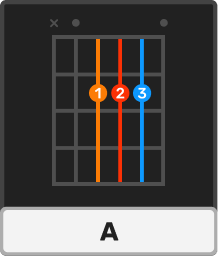
- Index finger: 1st fret of G string (3rd string),
- Middle finger: 2nd fret of D string (4th string),
- Ring finger: 2nd fret of B string (2nd string)
F#m Chord
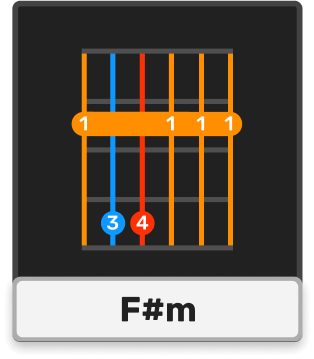
- Barre the 1st fret with your index finger across all strings,
- Use your other fingers on the 3rd fret of the A, D, and G strings
Bm Chord
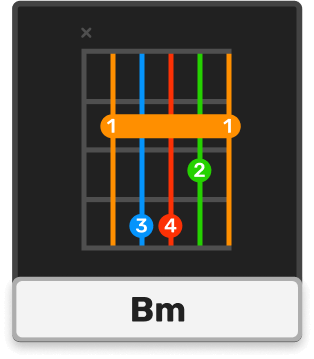
- Index finger: 2nd fret of A string (5th string),
- Middle finger: 3rd fret of D string (4th string),
- Ring finger: 4th fret of G string (3rd string),
- Pinky finger: 4th fret of B string (2nd string)
G Chord
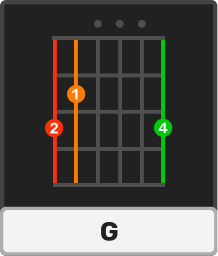
- Index finger: 2nd fret of A string (5th string),
- Middle finger: 3rd fret of low E string (6th string),
- Ring finger: 3rd fret of B string (2nd string),
- Pinky finger: 3rd fret of high E string (1st string)
Em Chord
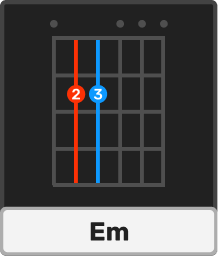
- Index finger: 2nd fret of A string (5th string),
- Middle finger: 2nd fret of D string (4th string)
E Chord
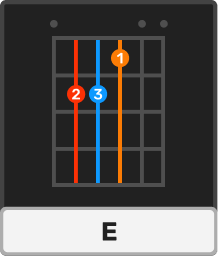
- Index finger: 1st fret of G string (3rd string),
- Middle finger: 2nd fret of A string (5th string),
- Ring finger: 2nd fret of D string (4th string)
C# Chord

- Barre the 1st fret with your index finger across all strings,
- Use your other fingers on the 3rd fret of the A, D, and G strings
B Chord

- Index finger: 1st fret of high E string (1st string),
- Middle finger: 2nd fret of A string (5th string),
- Ring finger: 3rd fret of D string (4th string),
- Pinky finger: 3rd fret of G string (3rd string)
The strumming pattern of Elvis Presley – Can't Help Falling In Love (Karaoke Version):
↓ ↓ ↑ ↑ ↓ ↑
↓: Downstroke, ↑: Upstroke
Before you get started, remember that practice makes perfect. It’s okay if you don’t get it right immediately. The important thing is to keep trying and to enjoy the process.
Another tip for mastering Elvis Presley – Can't Help Falling In Love (Karaoke Version) is to listen to the original track by Elvis Presley as often as you can. This will help you understand the timing and the feel of the song, making it easier for you to replicate on your guitar.
Remember, the best way to improve is to play regularly.
So pick up your guitar, play Elvis Presley – Can't Help Falling In Love (Karaoke Version), and let the music flow!
And that’s it! With these chords and strumming pattern, you are now equipped to play Elvis Presley – Can't Help Falling In Love (Karaoke Version) by Elvis Presley on your guitar. We hope this guide helps you in your musical journey. Keep practicing, and soon you’ll be playing Elvis Presley – Can't Help Falling In Love (Karaoke Version) like a pro.
Don’t forget to check out our other guitar tutorials for more songs by Elvis Presley and many other artists. Happy playing!
Learn to Play Elvis Presley – Can't Help Falling In Love (Karaoke Version) with Guitar Learning Game
Best Guitar Types for Playing Elvis Presley – Can't Help Falling In Love (Karaoke Version)
Choosing the right guitar for Elvis Presley – Can't Help Falling In Love (Karaoke Version) is vital to capture the essence and dynamics. Begin by analyzing the original tone; is it warm and resonant or sharp and electric? For acustic nuances, a classic dreadnought or an orchestra model might be the best fit. If the song leans towards electric vibes, consider the difference in sound between single-coil pickups (bright and clear) and humbuckers (rich and full).


